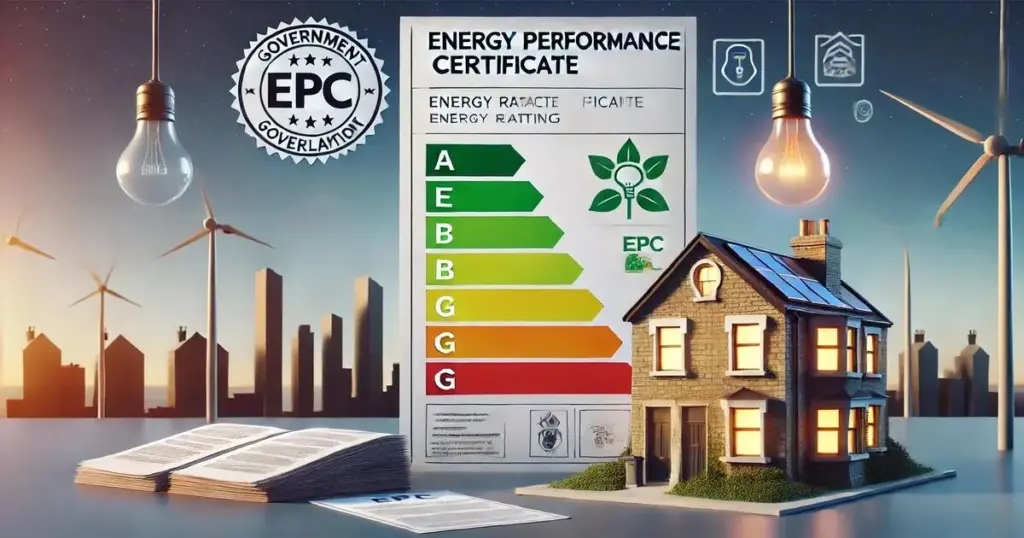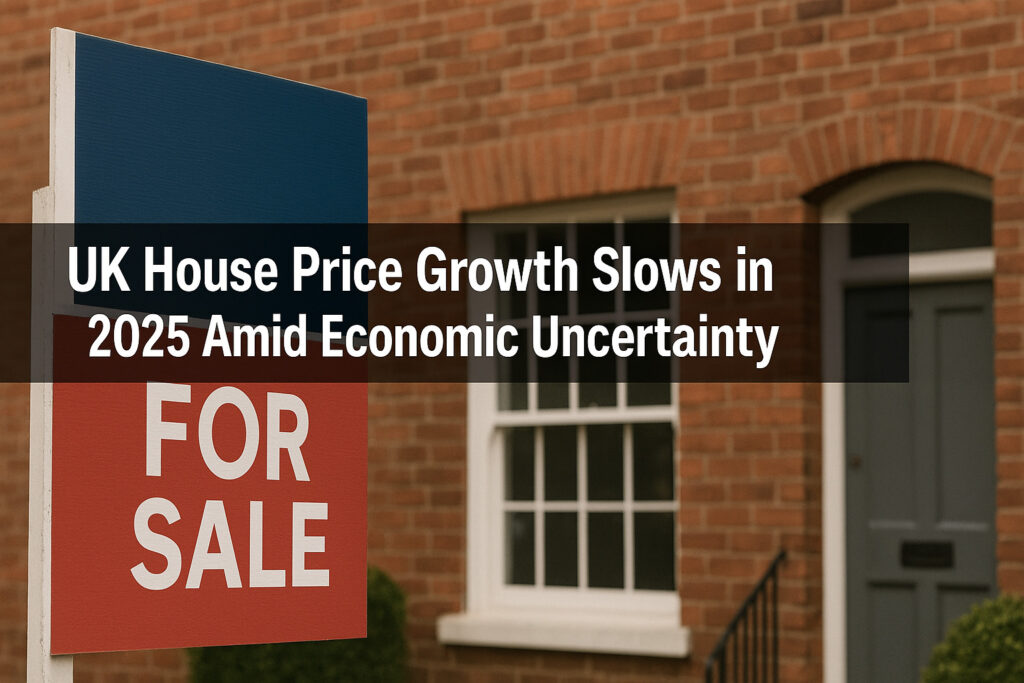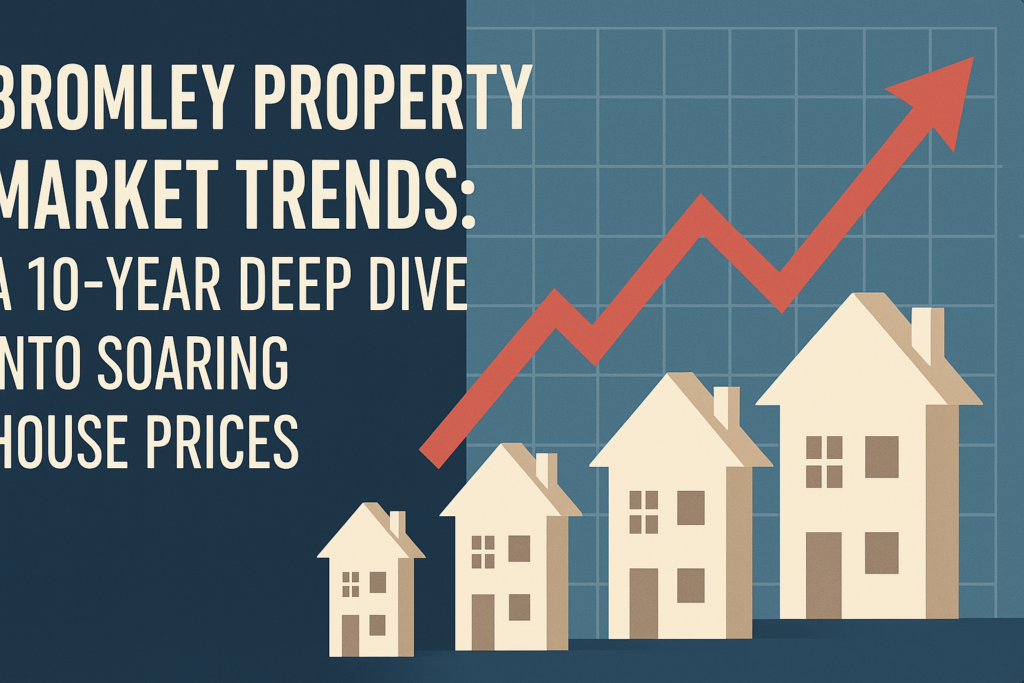UK House Prices Continue Climbing in 2025
The latest data confirms an upward trend in UK house prices, with the average property value showing consistent monthly and annual increases.
According to a recent analysis, house prices across England, Scotland, Wales, and Northern Ireland have grown enormously, driven by limited housing supply, increasing demand, and sustained inflationary pressures.
In January 2025, average house prices in the UK rose by 1.6% month-on-month, marking a year-on-year increase of 4.8%. London, the South East, and the East of England continue to show significant price appreciation.
However, regional markets such as the North West and West Midlands are catching up fast due to increased first-time buyer activity and regional investment initiatives.
Regional Breakdown of House Price Growth (January 2025)
London
Average Price: £540,300
Year-on-Year Change: +3.7%
Month-on-Month Change: +1.2%
South East
Average Price: £406,800
Year-on-Year Change: +4.5%
Month-on-Month Change: +1.5%
East of England
Average Price: £372,200
Year-on-Year Change: +4.2%
Month-on-Month Change: +1.4%
North West
Average Price: £248,900
Year-on-Year Change: +6.1%
Month-on-Month Change: +1.9%
West Midlands
Average Price: £264,700
Year-on-Year Change: +5.4%
Month-on-Month Change: +1.6%
Wales
Average Price: £232,300
Year-on-Year Change: +5.9%
Month-on-Month Change: +1.7%
Scotland
Average Price: £213,100
Year-on-Year Change: +3.3%
Month-on-Month Change: +0.9%
Northern Ireland
Average Price: £195,600
Year-on-Year Change: +4.1%
Month-on-Month Change: +1.1%
UK Rental Market Hits Record Highs Amid Surging Demand
Rental costs have surged with property prices, reflecting mounting pressure on the private rented sector. The average UK monthly rent reached £1,276, marking a 9.2% increase year-on-year, the highest rate recorded over a decade. The shortage of rental properties, higher landlord costs, and strong post-pandemic urban migration patterns are major contributors to the surge.
Key Rental Trends by Region
- London rents hit an all-time high of £2,119 per month, an increase of 10.4% year-on-year.
- South West and East Midlands saw double-digit rent growth, driven by commuter towns and regional job market expansions.
- Student-heavy cities such as Manchester, Birmingham, and Leeds have experienced sharp spikes due to university demand and insufficient purpose-built accommodation.
Factors Driving the Housing and Rental Price Inflation
1. Supply Shortages
The UK continues to struggle with a chronic undersupply of housing. New-build completions remain below government targets, exacerbated by labour shortages, rising construction costs, and planning bottlenecks.
2. High Mortgage Rates
Despite recent marginal cuts, mortgage rates remain elevated compared to the ultra-low levels of the 2010s. This has discouraged some buyers from entering the market, adding pressure to the rental sector and pushing rents higher.
3. Landlord Exodus
Changes to tax relief and tightening regulatory frameworks have led to many private landlords exiting the market. This has reduced the number of rental properties available, especially in high-demand areas.
4. Urban Re-consolidation
Cities are seeing a resurgence in demand post-pandemic. Young professionals and students are returning to urban centres, especially in London, Edinburgh, and Manchester, accelerating house and rent price increases.
Government and Policy Outlook
The UK Government has proposed several reforms aimed at tackling affordability and availability:
Renters Reform Bill: Aims to balance tenant rights and landlord incentives, but its delay creates uncertainty.
Help to Buy and First Homes schemes: While these aim to support first-time buyers, critics argue they contribute to price inflation without addressing the root issue of limited housing stock.
Local authority housing projects: Expansion of council-led housing developments is expected in 2025-2026, though the impact will take time to materialise.
Prospects for 2025 and Beyond
Despite economic headwinds, the fundamentals of the UK housing market remain robust. Most analysts predict continued, albeit slower, price growth in the second half 2025. Rent prices will likely remain elevated due to structural imbalances in supply and continued demand.
Conclusion: Navigating a Tight Property Market
The UK housing and rental markets continue to reflect strong upward momentum, shaped by deep structural issues and evolving demand dynamics.
Buyers and renters must navigate a challenging environment while policymakers face pressure to deliver long-term solutions. Real estate, finance, and construction stakeholders must adapt quickly to ensure sustainability in this rapidly shifting market.
Please stay connected with us for ongoing updates, analysis, and expert insights into the UK housing market.
FAQ – UK House Prices and Rental Market 2025
Why are UK house prices still rising in 2025?
House prices continue to rise due to limited housing supply, strong buyer demand, regional investment, and inflation. Despite high mortgage rates, demand still outpaces supply in most regions.
Which UK region has the fastest-growing house prices?
As of early 2025, the North West shows the fastest annual house price growth at 6.1%, driven by increased buyer activity, regeneration projects, and affordability compared to the South.
Are rents increasing across the UK?
Yes, rents have surged nationwide, with an average increase of 9.2% year-on-year. London leads with the highest rents, but regional cities like Manchester and Birmingham also see double-digit rent growth.
What’s causing the rise in rental prices?
Rental prices are rising due to reduced landlord numbers, high tenant demand, urban migration post-pandemic, and fewer new rental listings. Higher mortgage costs for landlords also play a role.
Is now a good time to buy property in the UK?
It depends on your financial situation and long-term plans. While prices remain high, some buyers are finding opportunities in emerging regions. Fixed mortgage deals have become more competitive recently.
What support is available for first-time buyers?
Schemes like Help to Buy and the First Homes initiative are still in place, offering support. However, critics argue these schemes contribute to house price inflation and do not solve the supply problem.
Will house prices fall later in 2025?
Most experts forecast continued but slower growth for the rest of 2025. A major price drop is unlikely unless there is a significant economic shock or sudden increase in housing supply.
Read our other Blogs:
London House Prices 2025: The Impact of Bank Rates and Stamp Duty on the Housing Market
UK Property Market Forecast 2025: What to Expect for House Prices and Investment Trends
Bromley Property Market Trends: A 10-Year Deep Dive into Soaring House Prices





